The history of the places that have hosted the Eurovision Final (Part I)

Throughout its history, Eurovision has taken place in a variety of cities and countries, each leaving its mark on the contest’s history. In this article, we will explore the exciting history of the locations that have hosted the various Eurovision finals, from its inception in 1956 to 1979.
Part II: Eurovision List 1980 to 2000
Part III: Eurovision List 2000 to 2022
The Eurovision Song Contest is one of the most popular and beloved music events around the world. Every year, countries from Europe (and some outside of Europe) compete for the glory and honor of winning the contest and taking home the coveted Eurovision trophy. But in addition to the music and performances, another important aspect of the festival is the locations where the finals are held.
Lugano, Switzerland - 1956
The first Eurovision Festival took place in Lugano, Switzerland, in 1956. This small town located in the Swiss Alps was the birthplace of the contest. The final was held at the Teatro Kursaal, an old theater built in the 19th century. The inaugural edition featured the participation of seven countries, and although the technology of the time was limited, Lugano left an indelible mark on Eurovision’s history as the place where it all began. The winner of that mythical first final was Lys Assia, representative of the host country with the song “Refrain,” accompanied by the Radiosa quintet as the choir.
Frankfurt, Germany - 1957
The following year, in 1957, Eurovision moved to Frankfurt, Germany, for its second edition. The final took place at Hessischer Rundfunk, a radio and television studio in the city center.
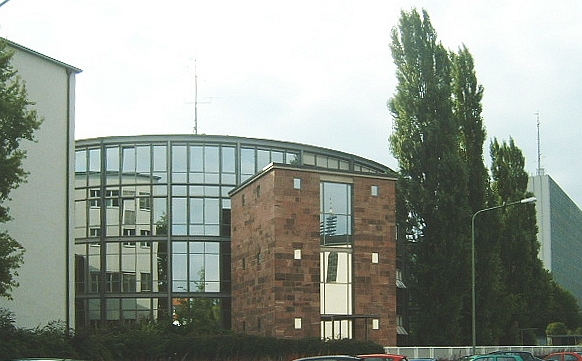
The 1957 edition marked the first time a jury voting system was used instead of the original points system, in which each country assigned points to the songs. Frankfurt witnessed this milestone in the contest’s history and left a lasting impression on Eurovision’s evolution. In that second edition, the winning country was the Netherlands with its representative Corry Brokken and the song ‘Net als toen’.
Hilversum, Netherlands - 1958
In 1958, the Eurovision Festival moved to Hilversum, Netherlands. The final took place at the AVRO Studio, a radio and television studio in this small Dutch city.
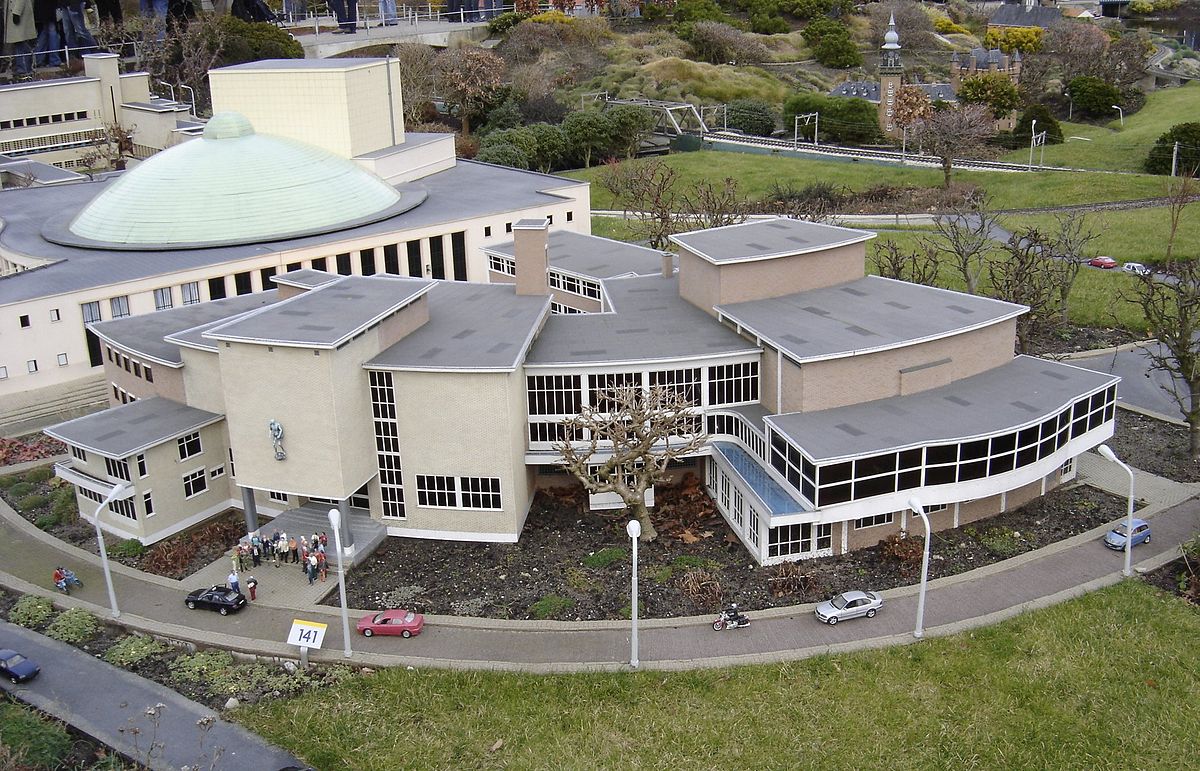
It was the first time Eurovision was held in the Netherlands, and the 1958 edition was also notable because it was the first time 10 countries participated in the contest. Hilversum made its mark as one of the first places to host a large number of countries participating in Eurovision. In this edition, the winner was France’s André Claveau with his ‘Dors, mon amour’.
Cannes, France - 1959
In 1959, Eurovision moved to Cannes, France, for its fourth edition. The final took place at the Palais des Festivals et des Congrès, a famous convention and events center in this French Riviera city.
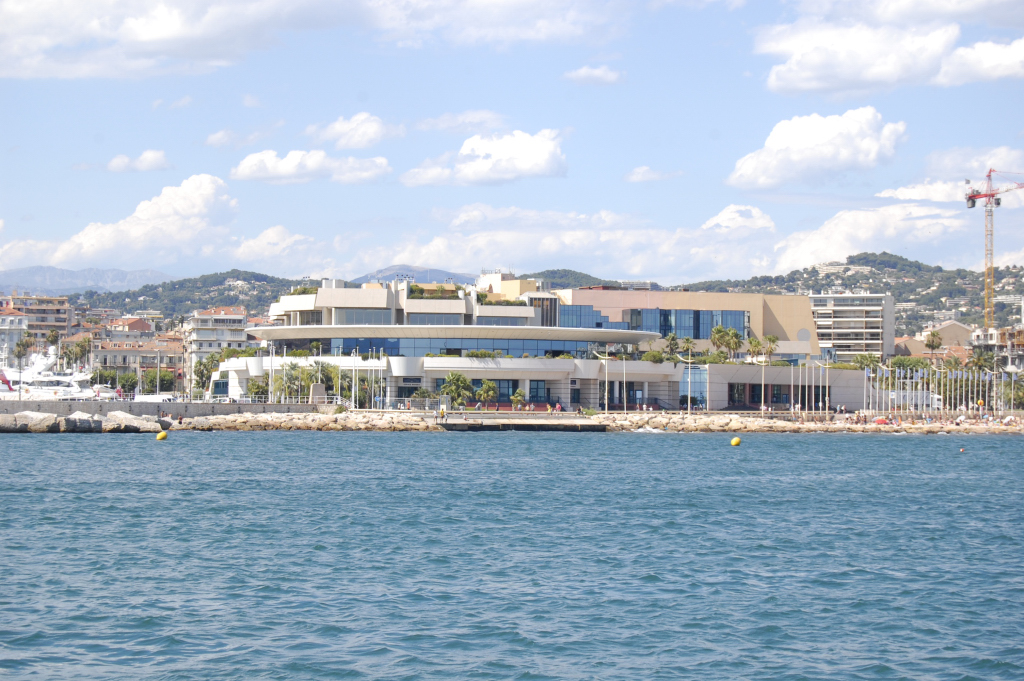
It was the first time Eurovision was held in a venue known for its glamour and luxury, and Cannes made its mark as one of the most iconic destinations in the history of the contest. In this first final in Cannes Teddy Scholten with ‘Een beetje’ from the Netherlands.
London, United Kingdom - 1960
In 1960, Eurovision moved to the United Kingdom for the first time, with London hosting the final. The event took place at the Royal Festival Hall, an iconic performance and event venue in the British capital.
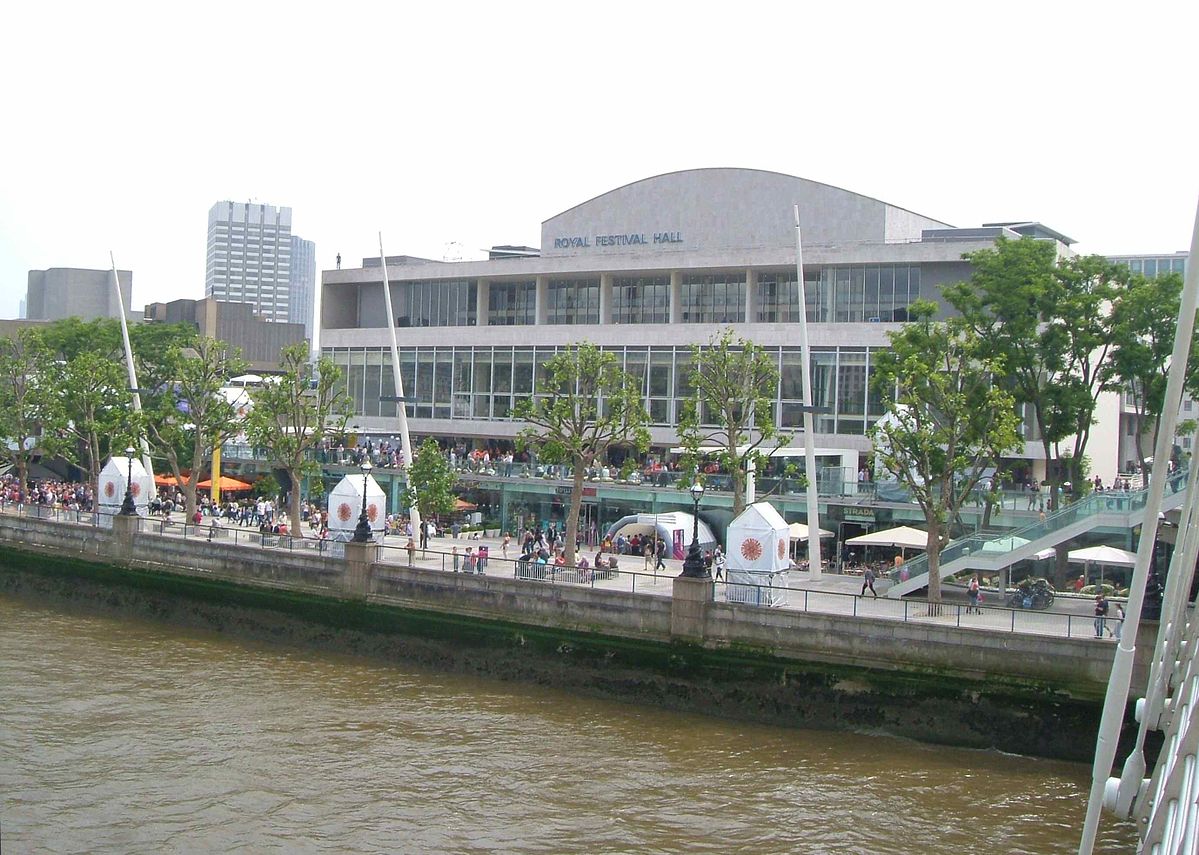
London was the place where the iconic Eurovision trophy, designed by Swedish artist Christian Mengel-Hansen, was presented for the first time. The 1960 edition in London was also notable for being the first time that a country (France) won the contest twice in a row. This time with Jacqueline Boyer with the song ‘Tom Pillibi’.
Cannes, France - 1961
One year later, in 1961, Cannes once again hosted the Eurovision final. This time, the event took place at the Palais des Festivals et des Congrès, the same venue where it was held in 1959. Cannes became the first venue in the history of Eurovision to host two editions of the contest, cementing its position as one of the iconic destinations for the event. This year’s winner was Luxembourg’s Jean-Claude Pascal with ‘Nous les amoureux’.
Luxembourg, Luxembourg - 1962
Luxembourg has been one of the most successful countries in Eurovision history, with a total of five victories in the contest. It has hosted four Eurovision finals in different years. The 1962 Eurovision Song Contest took place at the Villa Louvigny in Luxembourg.
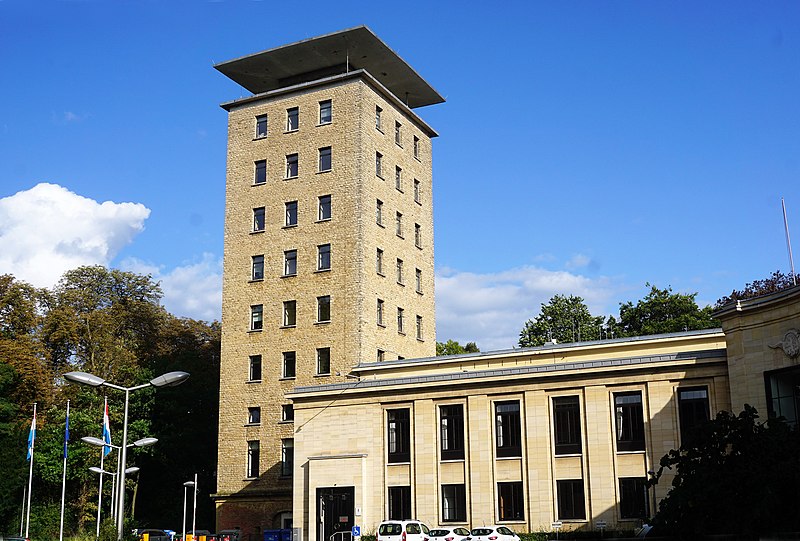
That year’s edition had 16 participating countries, including debutants such as Monaco and Austria. The winner was Isabelle Aubret from France, with the song “Un premier amour”, which became France’s first Eurovision Song Contest victory.
London, United Kingdom - 1963
In 1963, Eurovision returned to London for its fourth UK edition. This time, the final took place at the BBC Television Centre, the BBC’s program production center in London.
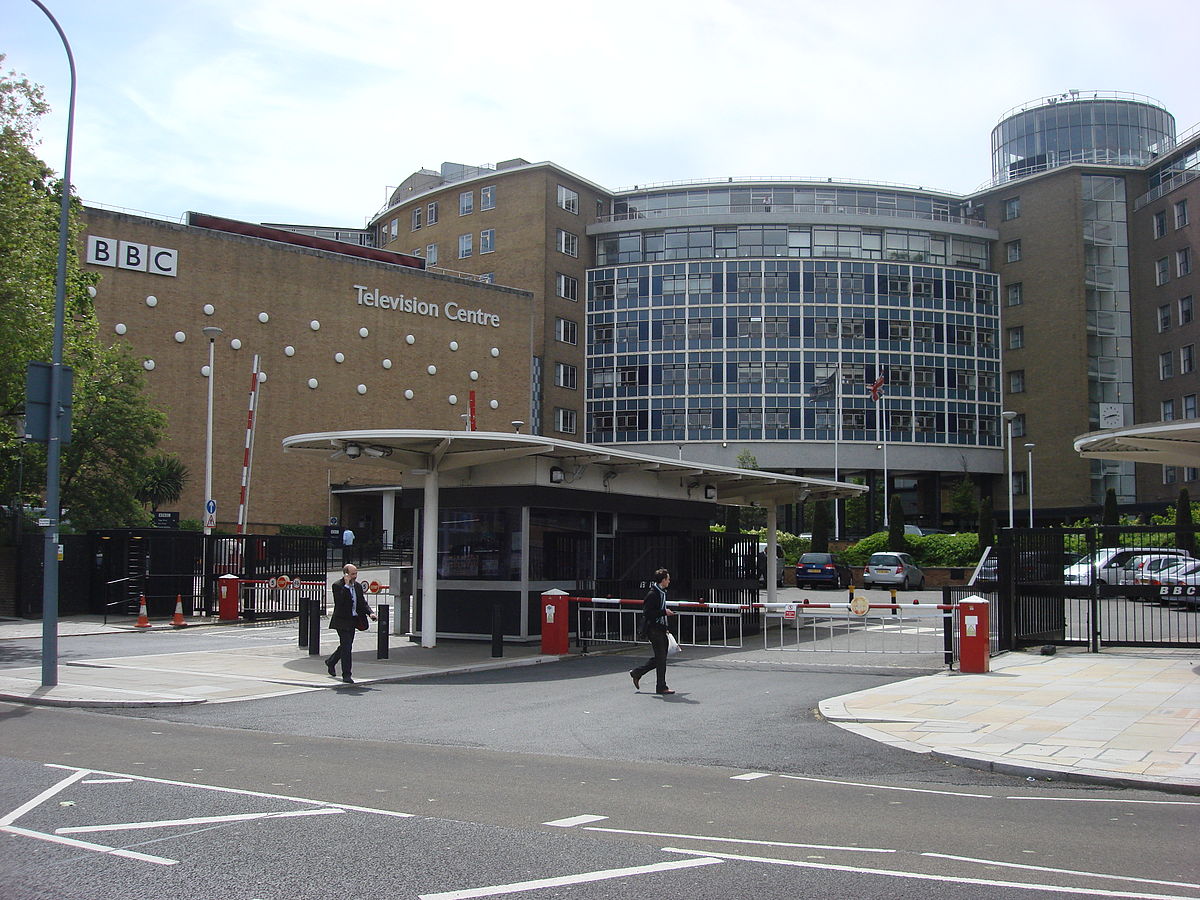
It was the first time Eurovision was held in a television studio, and the event was remembered for the spectacular performance of that year’s winner, Danish singer Grethe & Jørgen Ingmann and their ‘Dansevise’.
Copenhagen, Denmark - 1964
In 1964, Eurovision moved to Denmark for the first time, with Copenhagen hosting the final. The event took place at the Tivolis Koncertsal, a concert hall in the famous Tivoli Gardens amusement park.
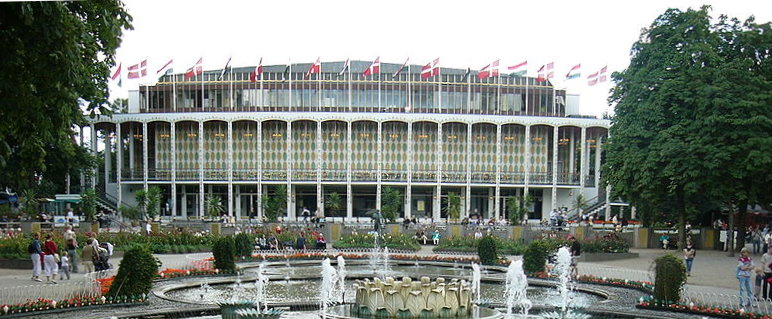
Copenhagen left its mark in the history of Eurovision as the first place to host the contest in Denmark, a country that would later become one of the most successful in the history of the contest. In that edition, it was the first time that Italy with Gigliola Cinquetti and her ‘Non ho l’età’ won Eurovision.
Naples, Italy - 1965
In 1965, Eurovision moved to Italy for the first time, with Naples hosting the final. The event took place at the Teatro di San Carlo, one of the oldest and most prestigious opera houses in the world.
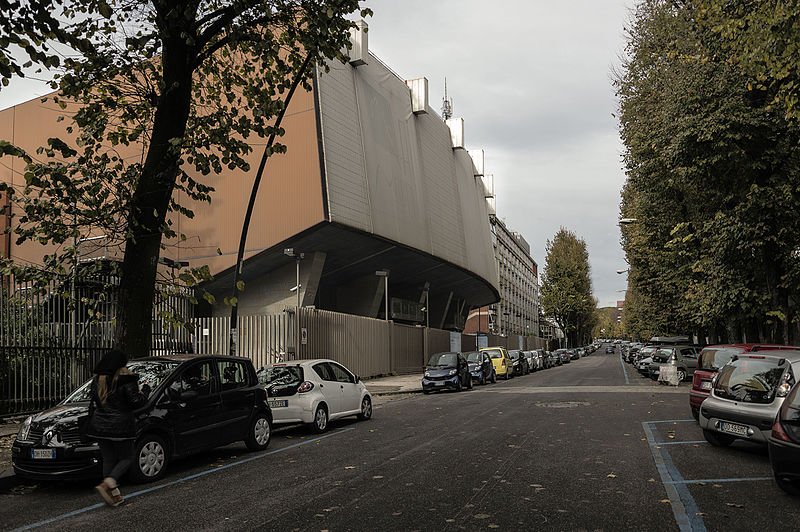
It was the first time that Eurovision was held in an opera house and the first time that Italy hosted the contest. The winner that year was the French singer France Gall with the song “Poupée de cire, poupée de son”, which became an international hit.
Luxembourg, Luxembourg - 1966
In 1966, the Municipal Theater of Luxembourg City hosted the final of the festival. The winner that year was Austrian singer Udo Jürgens with the song “Merci, Chérie”, which became a Eurovision classic.
Vienna, Austria - 1967
In 1967, Eurovision moved to Vienna, Austria, for its twelfth edition. The final took place in the Großer Festsaal of the University of Vienna, one of the city’s most iconic historic buildings.
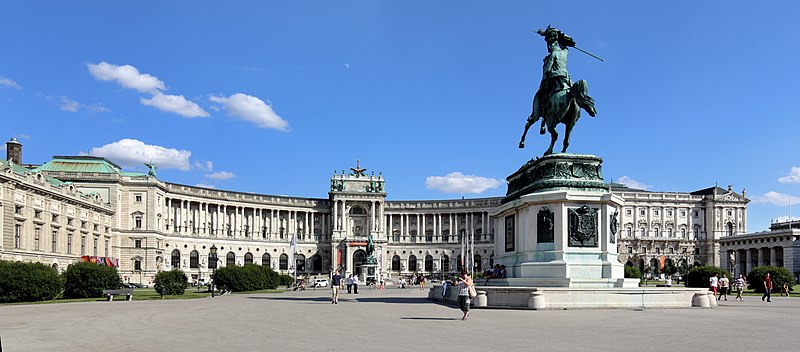
It was the first time Austria hosted Eurovision and the winner that year was British singer Sandie Shaw with the song “Puppet on a String”.
London, United Kingdom - 1968
The 1968 Eurovision Song Contest returned to London, this time to the Royal Albert Hall, one of the city’s most iconic venues.
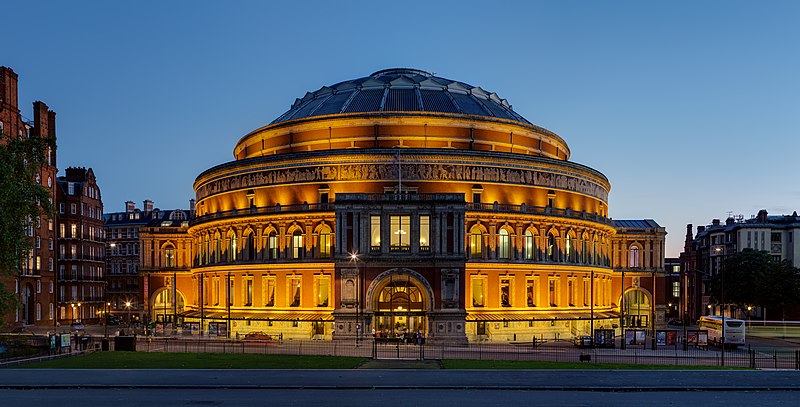
The event took place on April 6 of that year and had the participation of 17 countries. The winning song was “La, la, la, la” performed by Spanish singer Massiel, who beat that year’s favorite, Cliff Richard’s “Congratulations”. Massiel’s victory was surrounded by controversy as it was rumored that the Spanish votes were manipulated to ensure her victory. Despite this, “La, la, la, la” became a huge international hit and became a classic of Spanish music.
Madrid, Spain - 1969
In 1969, Madrid, the capital of Spain, hosted the 14th edition of Eurovision. The event took place at the Teatro Real, one of Spain’s most important opera houses and one of Madrid’s landmark buildings. It was the first and only time Spain has hosted Eurovision in its history.
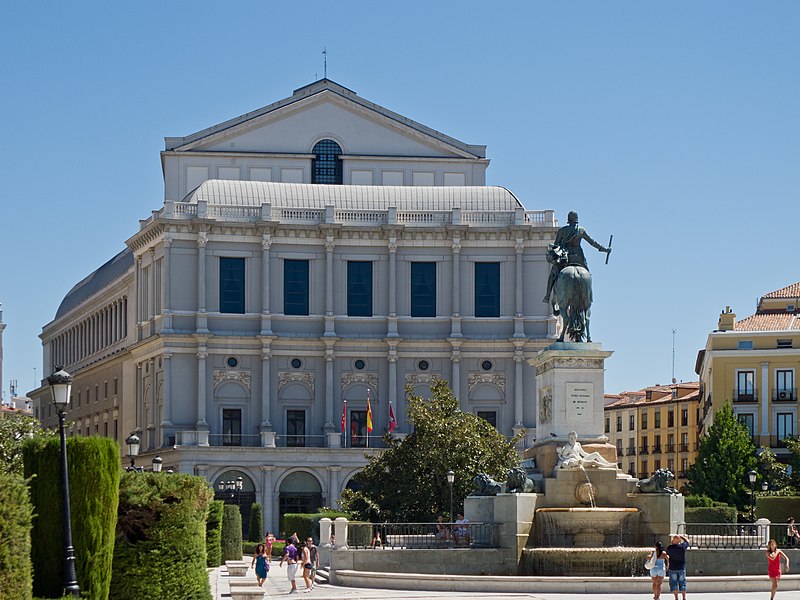
The winner that year was Salomé, representing Spain with the song “Vivo cantando”, becoming Spain’s second victory in the contest. The 1969 edition of Eurovision in Madrid was remembered for the excitement and celebration in Spain, as it was a historic moment for the country.
Amsterdam, The Netherlands - 1970
In 1970, only France and the Netherlands were considered by the EBU as possible host countries for the Eurovision Song Contest, as the United Kingdom had hosted the festival in 1968 and Spain in 1969. To determine the host country, a lottery organized by the creator of the festival, Marcel Bezençon, resulted in the Netherlands being selected as the host for that year’s edition. The event took place at the RAI Congrescentrum, one of the largest convention centers in Europe.
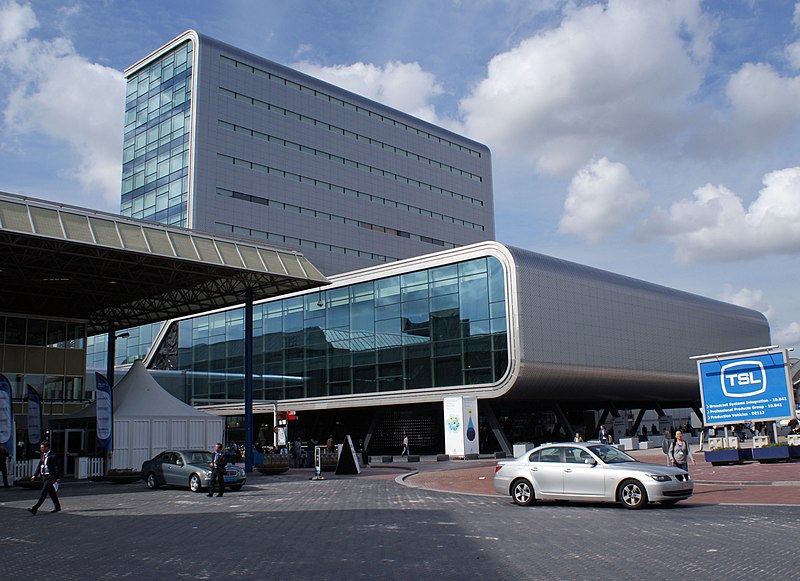
It was the first time that the Netherlands hosted the contest. The winner that year was Dana, representing Ireland with the song “All Kinds of Everything”. The 1970 edition of Eurovision in Amsterdam was remembered for the participation of Dana, who became one of the youngest winners in the history of Eurovision, at only 18 years old.
Dublin, Ireland - 1971
Ireland has been one of the most successful countries in Eurovision history, with a total of seven wins in the contest. Ireland’s capital, Dublin, has hosted four Eurovision finals in different years. The first time Dublin hosted Eurovision was in 1971, at the city’s Gaiety Theatre.
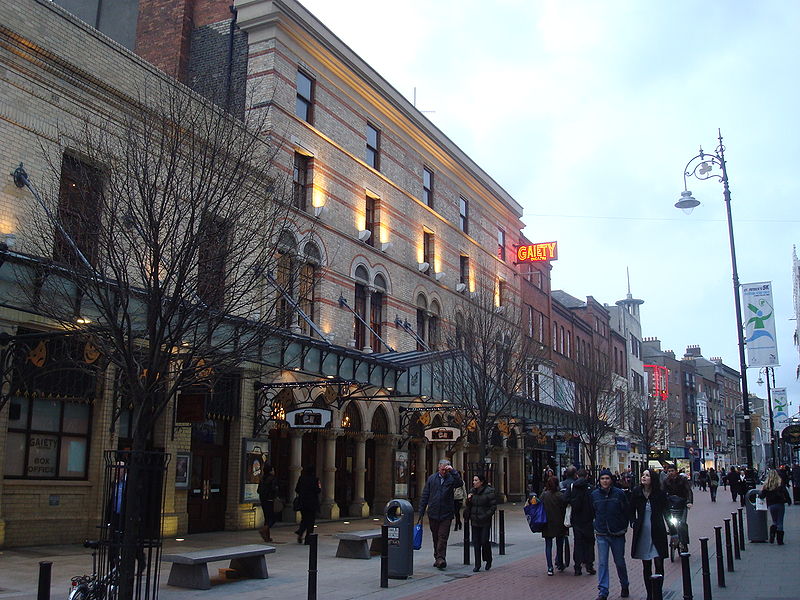
The winner that year was Séverine, representing Monaco with the song “Un banc, un arbre, une rue”.
Edinburgh, United Kingdom - 1972
The 1972 Eurovision Song Contest was held at the Usher Hall in Edinburgh, Scotland, UK.
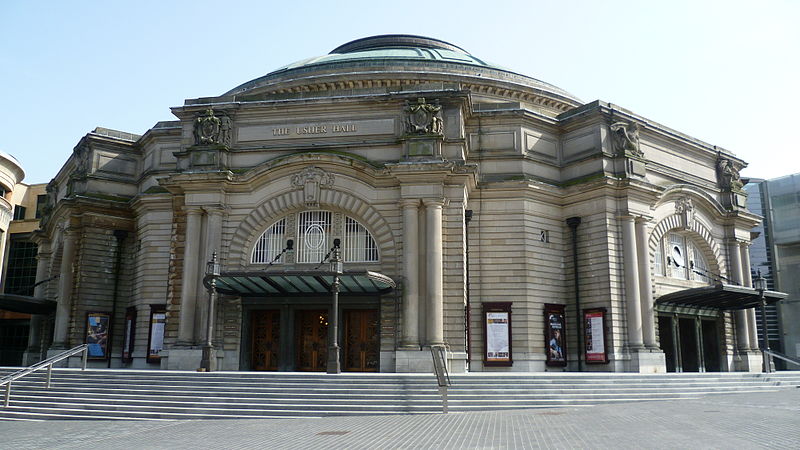
A total of 18 countries participated and the winning song was “Après toi”, performed by French singer Vicky Leandros and composed by Greek songwriting duo Yannis Spanos and Klaus Munro.
Luxembourg, Luxembourg - 1973
In 1973, Luxembourg again hosted the Eurovision Song Contest, this time at the Nouveau Théâtre Municipal de Luxembourg.
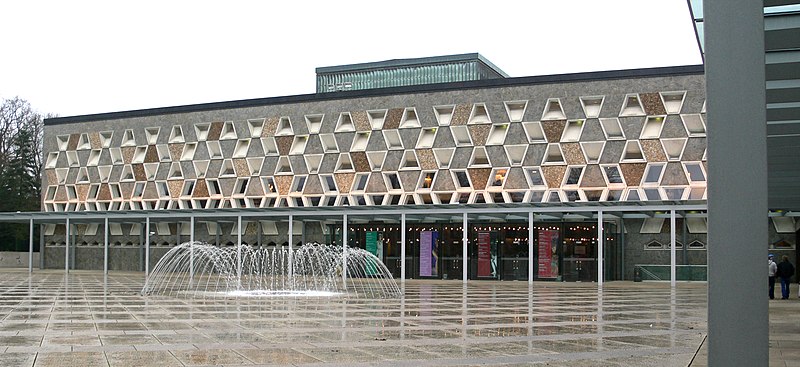
The winner that year was Anne-Marie David from Luxembourg, who represented Luxembourg and won with the song “Tu te reconnaîtras”.
Brighton, United Kingdom - 1974
Luxembourg, winner of the 1972 and 1973 editions, and organizer of the last festival, could not afford the costs of a new organization, so the United Kingdom offered to host the contest. The 1974 Eurovision Song Contest took place in Brighton, UK, at the Brighton Dome.
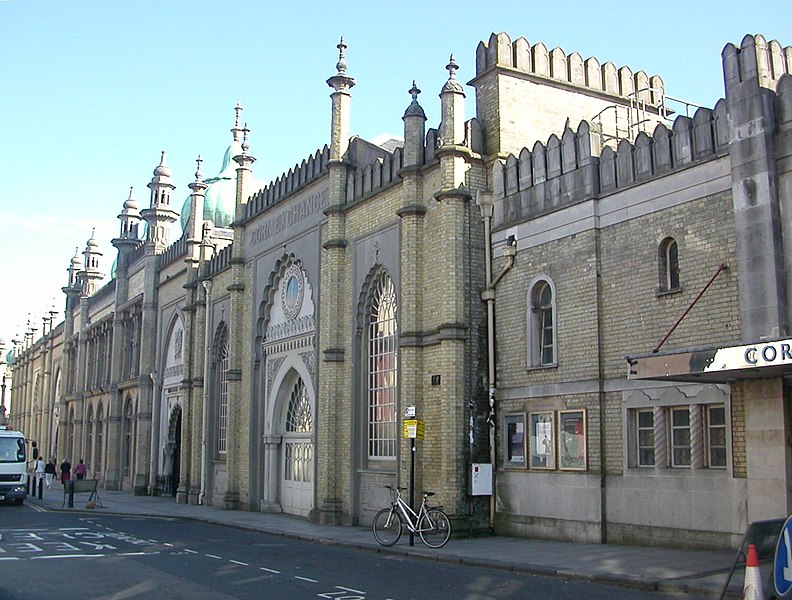
The event took place on April 6 and was attended by seventeen countries. The Swedish group ABBA won thanks to their song “Waterloo”, which would become a huge international hit. ABBA’s Eurovision victory allowed them to gain fame throughout Europe and paved the way for their musical career in the 1970s.
Stockholm, Sweden - 1975
The 1975 Eurovision Song Contest took place in Stockholm, Sweden, at the Stockholm International Fairs.
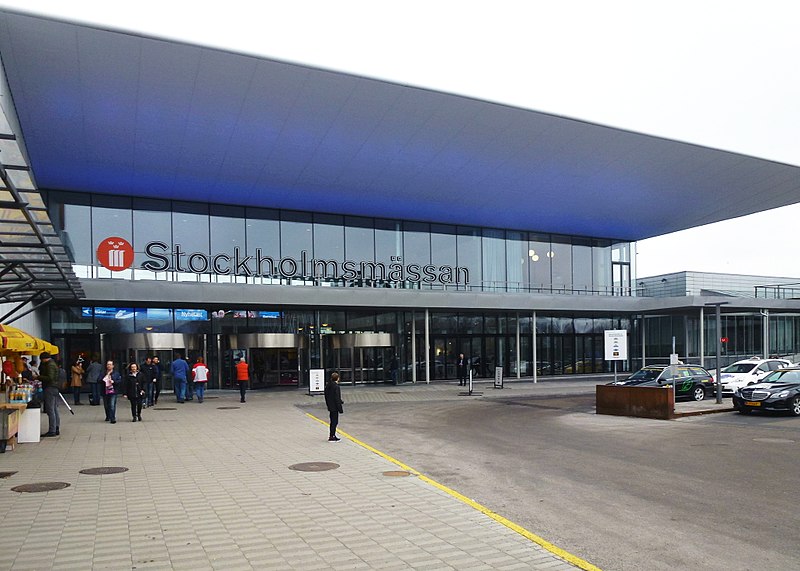
The winner that year was the Dutch group Teach-In, with their song “Ding-a-dong”.
The Hague, The Netherlands - 1976
The 1976 Eurovision Song Contest was held in The Hague, The Netherlands, at the Congresgebouw on April 3 of that year.
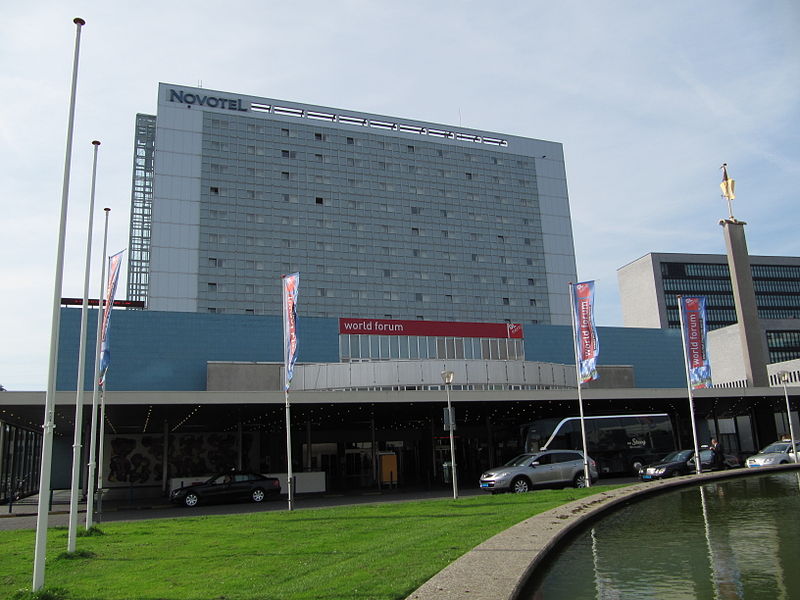
The event was presented by Corry Brokken, who had already presented the festival in 1958. The winner of that edition was Brotherhood of Man, representing the United Kingdom with their song “Save Your Kisses for Me”. The song became a worldwide hit and was a huge commercial success, reaching number one in many countries.
London, United Kingdom - 1977
The 1977 Eurovision Song Contest was held at the Wembley Conference Centre in London, United Kingdom.
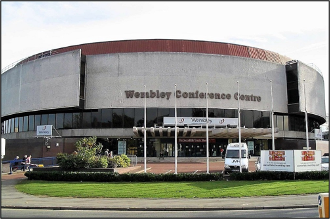
The winner of the festival was Marie Myriam from France with the song “L’oiseau et l’enfant”.
Paris, France - 1978
At the 1978 Eurovision Song Contest, held in Paris, France, the winning song was “A-Ba-Ni-Bi” performed by Izhar Cohen and Alphabeta, representing Israel. It was the first time Israel won the festival.
That year’s festival was attended by 20 countries and was held at the Palais des Congrès in Paris.
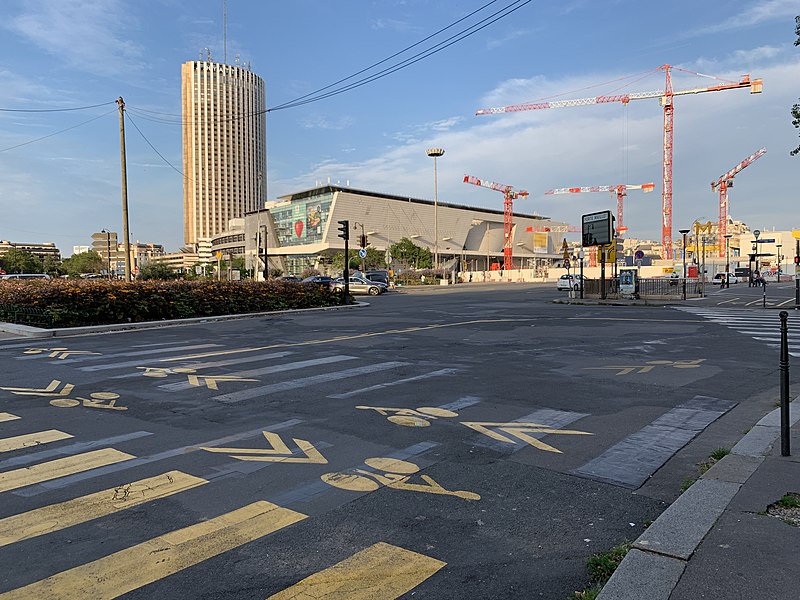
Jerusalem, Israel - 1979
Israel has hosted Eurovision three times. The first time was in 1979, in Jerusalem, Israel’s largest city and capital. The event took place at the Jerusalem International Convention Center.
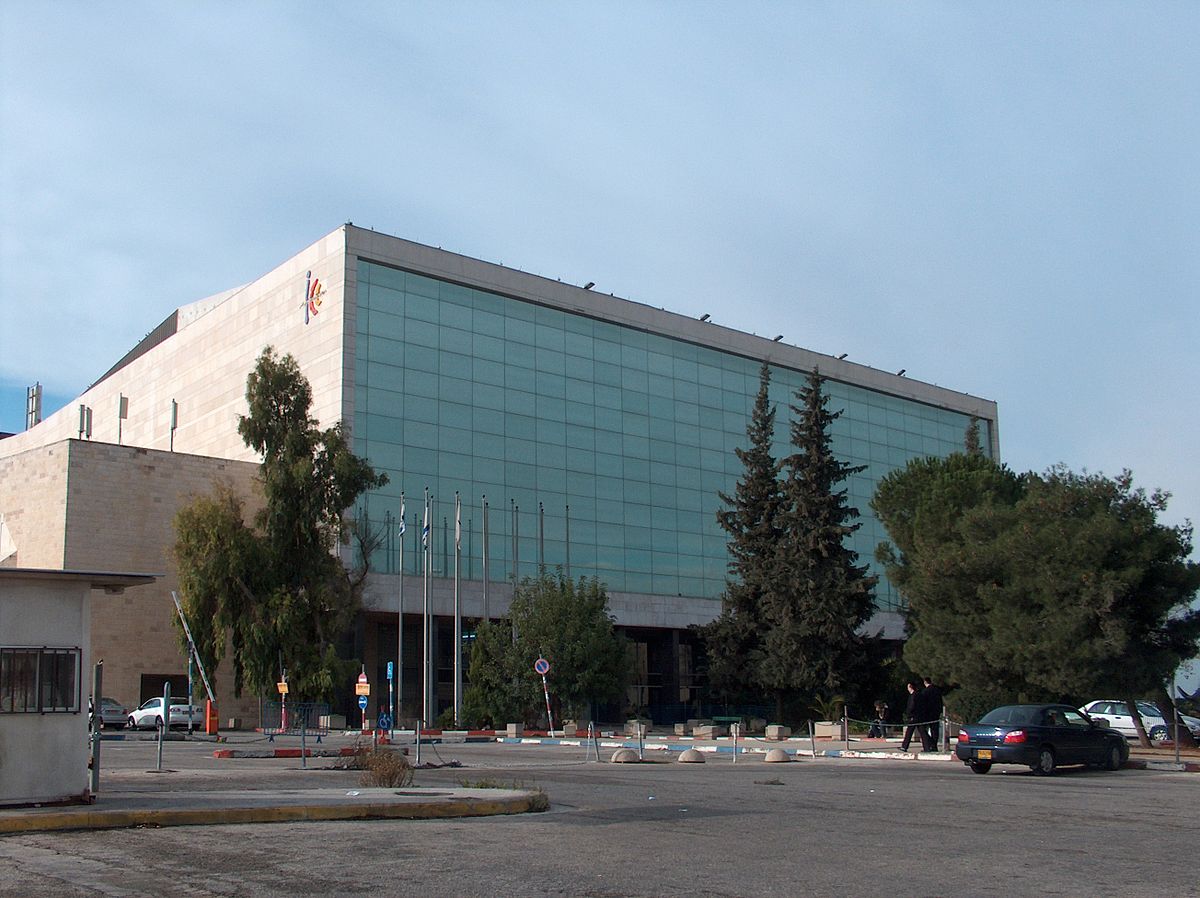
The winner that year was Gali Atari and Milk & Honey, representing Israel with the song “Hallelujah”, in what was Israel’s first victory in the contest.
To sum up, the first stage of Eurovision, from 1956 to 1979, was an exciting moment in the history of European music. This period of time witnessed the birth of an event that has been central to European culture and identity for decades. From the beginning of the contest with only seven countries to the increase in the number of participants, Eurovision has become a highly anticipated international music competition. The songs and artists that participated during this period left an indelible mark on the collective memory of Europe and the whole world. In the next two articles, we will explore the period from 1980 to 2000 and from 2001 to 2021 to continue enjoying the history of Eurovision.
